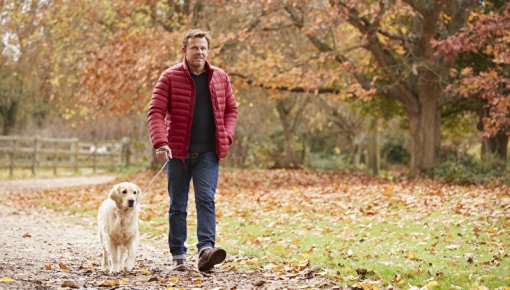Lots of doctors and lots of operations, but not much success
My sports club sent me to all sorts of doctors to find out what was causing my knee problems. I was given injections into my knee and had several minimally invasive arthroscopies. The cartilage was smoothed out and a bursa [note from editor: a small fluid-filled cushion between the joint and the tendons] was removed.
I was initially able to go back to training and playing volleyball again after the operations. But that didn't last long. My knee kept on swelling up and it hurt. I suspect that those operations were not actually that good for my knee. Either way, they only gave me short-term relief.
When I was in my mid-40s, a senior physician said I ought to start thinking about a knee replacement in the long term. But that I should wait as long as possible. If I had had a knee replacement at such a relatively young age, it is very likely that it would need to be replaced again when I was older.

